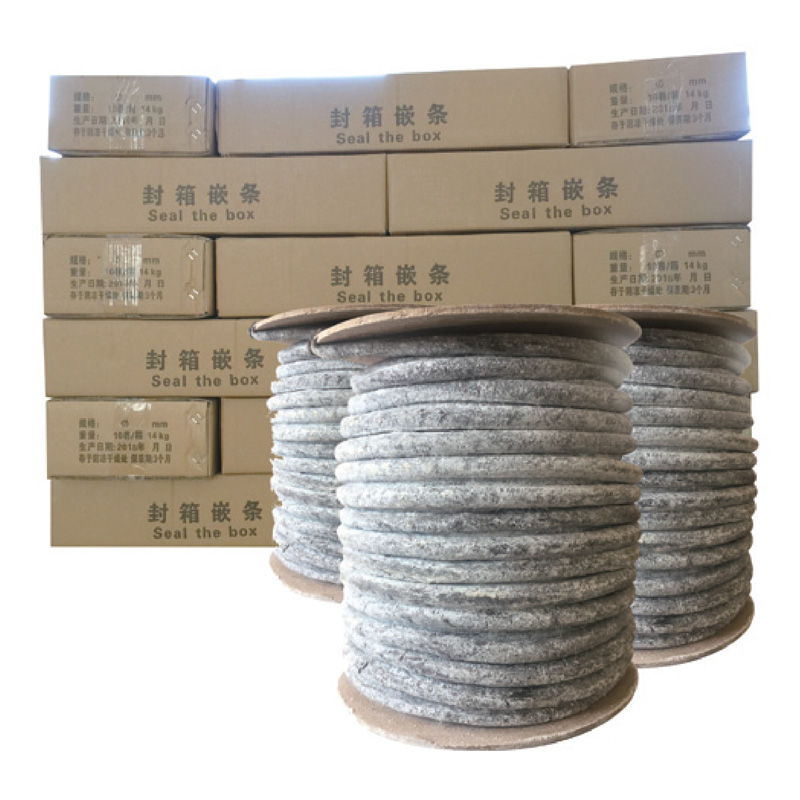The resistance of a sealing clay agent to water, UV rays, and temperature fluctuations depends on its specific formulation and intended use. Generally, high-quality sealing clay agents are designed to offer the following resistances:
Water Resistance:
Most sealing clay agents are formulated to provide a strong barrier against water, preventing infiltration and protecting surfaces from moisture-related damage.

UV Resistance:
Some sealing clay agents include UV-resistant components to protect them from degradation due to prolonged exposure to sunlight. This is particularly important for outdoor applications where UV rays can cause materials to break down over time.
Temperature Fluctuation Resistance:
High-quality sealing clay agents are often designed to withstand a wide range of temperatures without losing their sealing properties. They should be able to expand and contract with the substrate in response to temperature changes without cracking or losing adhesion.
To ensure that a specific sealing clay agent meets these criteria, it's important to check the product specifications provided by the manufacturer. Look for information about its water resistance, UV stability, and temperature range of operation. If you have specific environmental conditions in mind, consulting the manufacturer or product datasheets can provide more detailed information on the agent's performance under those conditions.


 English
English 中文简体
中文简体
















